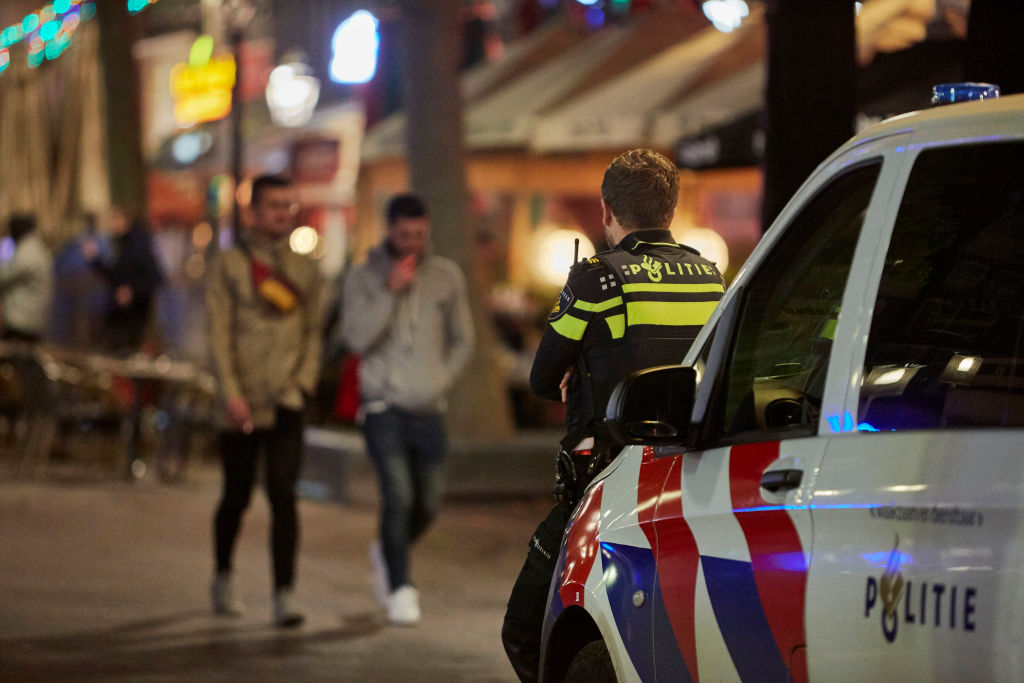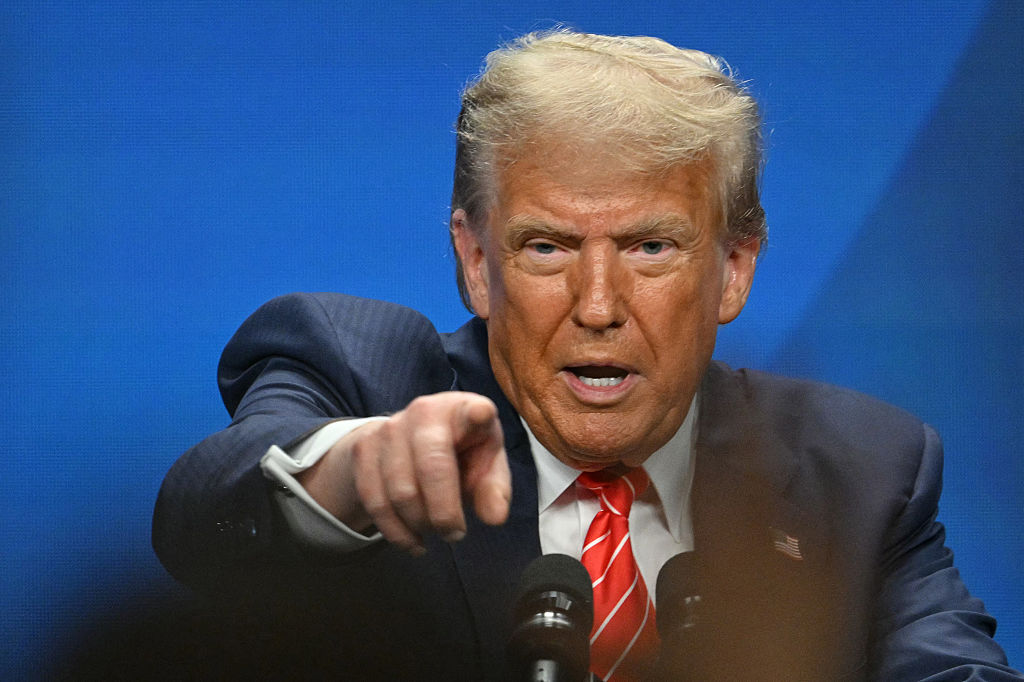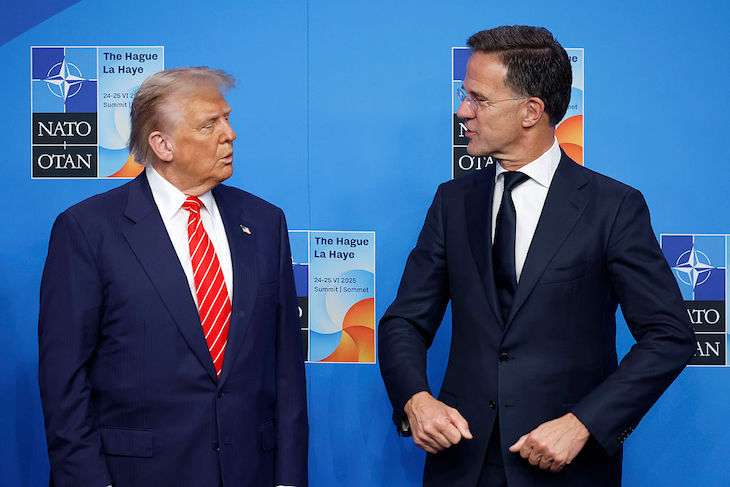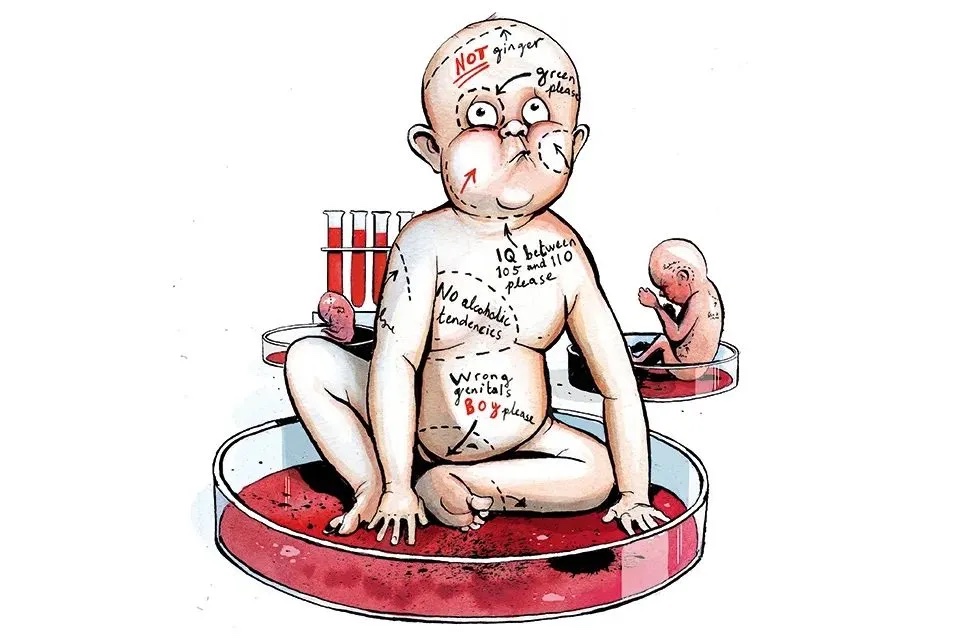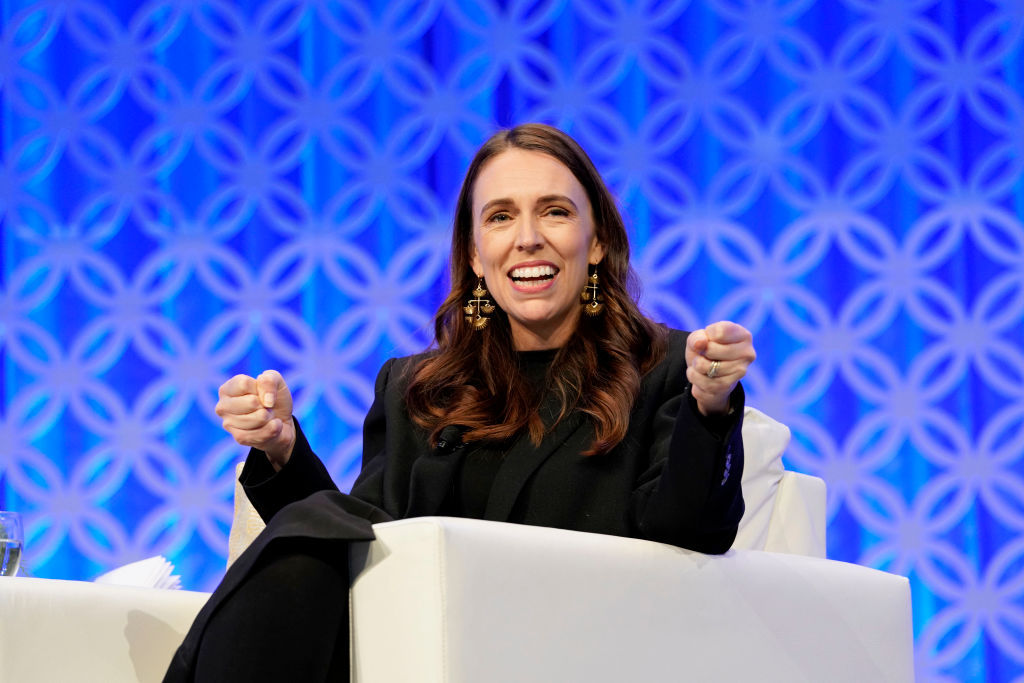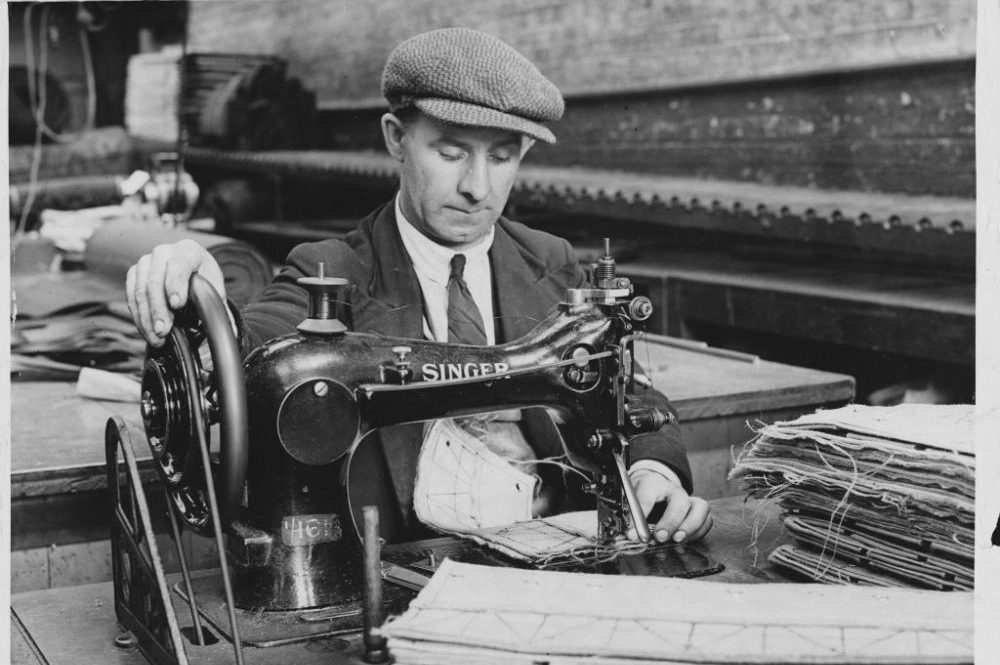Half an hour before a partial lockdown began on Wednesday night, scores of people packed into tents outside a bar in the Hague to drink and party. Their celebrations were perhaps characteristic of how the Dutch have handled the pandemic.
A few yards away, in the Dutch lower house, parliamentarians were at that moment enacting a partial lockdown to control spiraling coronavirus infections in the Netherlands. In the 14 days before October 14, the infection rate reached just over 412 per 100,000, making the Netherlands one of the worst-affected countries in the EU. The partial lockdown means bars and restaurants will be closed for four weeks, adult team sports banned, people limited to three guests at home per day, and the sale of soft drugs and alcohol prohibited after 8 p.m.
Over the summer, parliamentarians, economists and the Dutch public were congratulating themselves on a successful, relatively light-touch lockdown, with infection rates close to zero. Although schools, catering, recreational and sporting facilities were closed in March, the Netherlands imposed fewer restrictions on personal liberty and fines than its neighboring countries and any penalties that were imposed have now were reduced by politicians from €390 to just €95 ($460 to $110).
Prime Minister Mark Rutte described his lockdown strategy back then as ‘intelligent’. And it seemed to have worked: damage to the Dutch economy was relatively mild, people in the main complied with the rules and the spike was reversed.
But Rutte admitted on Thursday that his approach of treating people like adults and focusing on ‘personal responsibility’ is no longer effective. Infections have risen steadily since the end of August in the Netherlands, largely driven by young adults between the ages of 20 and 40. In a press conference on Tuesday, Dutch health minister Hugo de Jonge said the virus is now in ‘exponential growth’.
The Netherlands is a well-organized state, with good healthcare, relatively low inequality between rich and poor, low prison rates, and some of the world’s happiest children. So why are the Dutch faring so badly with the coronavirus?
Some experts believe the Dutch attitude to freedom, from a strong set of constitutional basic rights to officially ‘tolerated’ law breaking, is one reason.
Pushing the rules to their limits is exactly what this trading nation is good at, with its tax deals for foreign companies, unlikely but successful coalition governments, and soft drugs policy that theoretically allows illegal cannabis to be supplied to coffeeshops. De Jonge admitted it himself in the press conference. ‘What we tend to do is think it’s advice, so it’s not necessary,’ he said. ‘That’s strange, and very Dutch…stop debating the advice: keep to it!’
University of Amsterdam associate professor and anthropologist Danny de Vries, who is studying the impacts of virus control measures, said that it was no surprise the Dutch were pushing the boundaries. ‘We have something cultural about bending the rules, plus the approach of the government may have been too easy,’ he says. ‘The Dutch aren’t very good at enforcing many rules either, and there’s very little consequence to breaking them, compared with the US, where the penalties are higher. Here, people think they will just get a warning.’
Another problem is the prevalence of the so-called ‘polder model’ in Dutch politics and society. The polder model (named after the tracts of reclaimed land between Dutch dykes) stresses the importance of working together and finding consensus when making decisions. In reality, critics say, it often leads to people debating things endlessly without finding a solution. There have been constant debates in the Netherlands about the effectiveness of face masks, for example, with even the head of the Dutch public health institute weighing in to say they have little effect.
There has also been a clash between the coronavirus restrictions and the basic rights of Dutch people. According to the legal expert and University of Groningen professor Jan Brower, the government currently cannot make mask wearing compulsory. ‘In order to prescribe the obligatory wearing of face masks, in my opinion there was a need for a new [legal] provision: this infringes the right to privacy,’ he says. ‘And as long as we don’t have a temporary COVID law, it isn’t possible to limit other fundamental rights, except in the provisions of the public health law, which allows mayors to put sick people into quarantine or isolation… but not healthy ones.’
[special_offer]
Rutte has a tricky coalition government, made up of two broadly liberal parties and two Christian ones. His coalition only has 50 percent of seats in the lower house and no majority in the upper house. ‘If a party reproaches the government for acting slowly, that is like the pot calling the kettle black. It is the parliament that is to blame,’ adds Brower.
An emergency COVID law finally passed the lower house this week and is expected to be voted on in the senate on October 27. In the meantime, many of the government’s ‘rules’ are currently being described as ‘urgent advice’. But now that a partial lockdown has been enacted, the government has threatened to take a tougher line.
Those partying on Wednesday night outside the Hague were the first to witness this change in approach. As the clock struck 10, and the new lockdown came into force, the police arrived to break the party up. It remains to be seen if the rest of the Netherlands will get the message.
This article was originally published onThe Spectator’s UK website.



